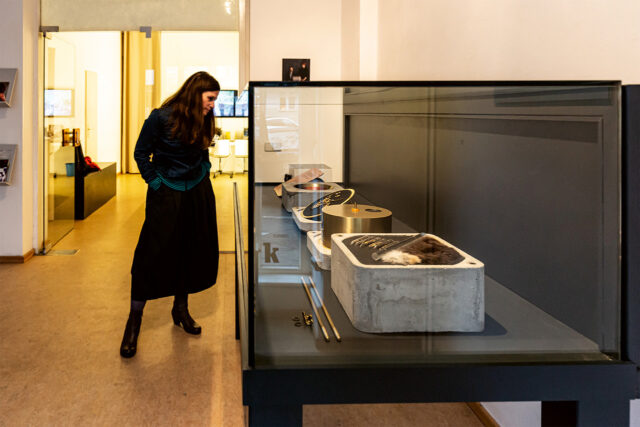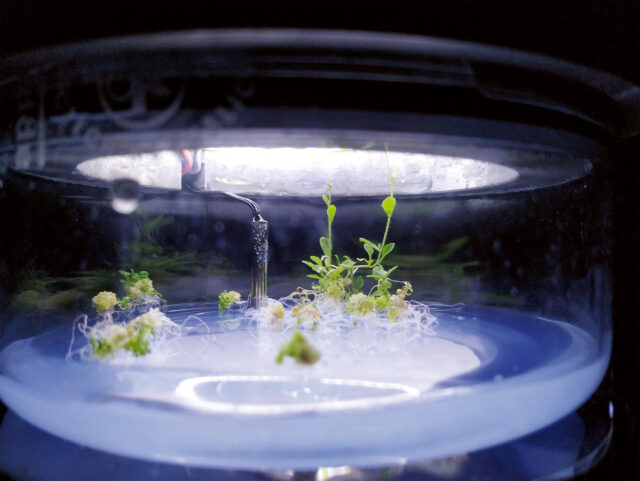
Erich Berger & Mari Keto, Inheritance, 2019, Foto: Tim Deussen

Špela Petrič, Phytoteratology, 2020, Foto: Tim Deussen

Erich Berger & Mari Keto, Inheritance, 2019, Foto: Tim Deussen

Špela Petrič, Phytoteratology, 2020, Foto: Tim Deussen